Boutique hotels have long stood out as intimate, character-rich alternatives to large chains. In 2025, they hold even greater appeal as guests increasingly seek experiences rooted in authenticity, personalization, and local culture. But thriving in this competitive space requires more than ambiance—it demands a modern, well-structured hotel sales and marketing plan that aligns with today’s digital landscape. This is where hoteliers must re-evaluate their approach and invest in the right tools, like a focused boutique hotel marketing strategy and a robust digital marketing strategy for hotels.
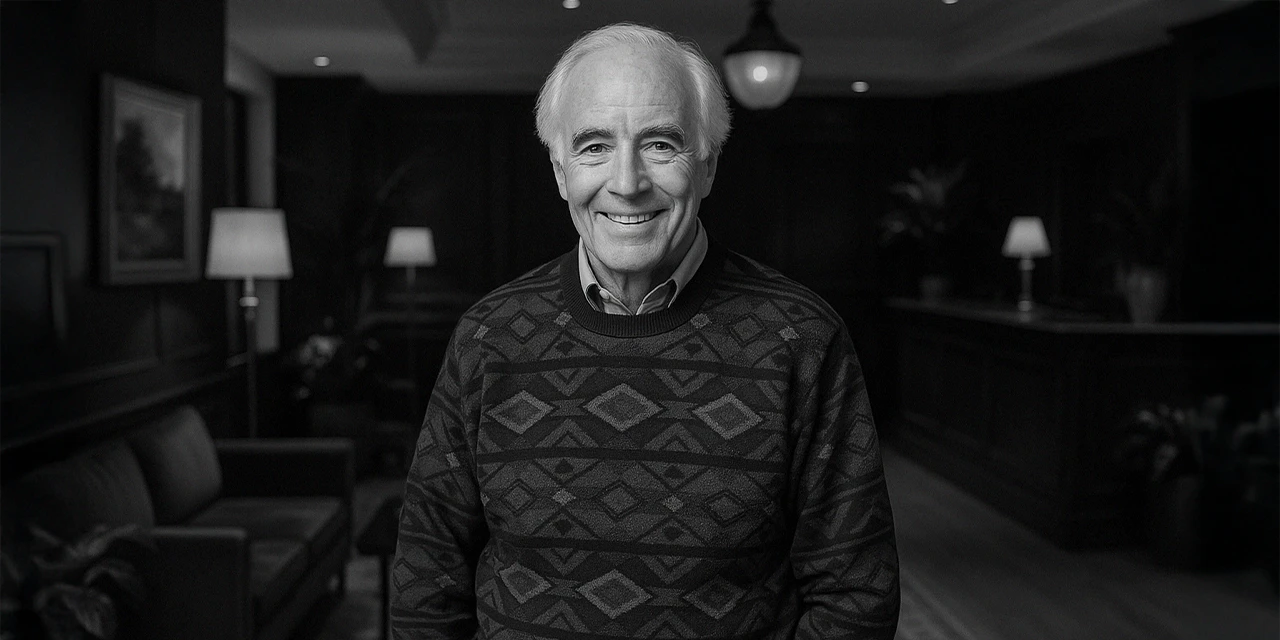
A Brief History of Boutique Hotels
The rise of boutique hotels began in the 1980s when pioneers like Bill Kimpton and Ian Schrager disrupted the uniformity of big hotel chains. Their goal? To create small and luxury hotels with soul—spaces that deliver personalized service and a story worth sharing. Fast forward to 2025, and these hotels are not only relevant but thriving. Today’s traveler values character over conformity, and the boutique segment answers that call.
Why Boutique Hotels are thriving in 2025
In the age of AI, personalized content, and conscious travel, boutique hotels are uniquely positioned. Their size and agility allow them to pivot faster than large chains. This flexibility empowers them to offer tailored experiences—whether it’s a zero-waste breakfast, local-led tours, or smart-room tech.
Guests are actively choosing small and luxury hotels that echo their values. In fact, a 2024 Skift report revealed that 67% of Gen Z and millennial travelers prefer hotels that emphasize personalization and ethical practices. This demand can only be met if your hotel sales and marketing plan is as unique as your property.
The Rise of Digital: Building the Best Boutique Hotel Websites
The digital storefront is now as important as the physical one. Your website is not just a booking tool; it’s your brand story, your first impression, and your chance to stand out. The best boutique hotel websites go beyond static images and generic content. They embrace mobile-first design, rich media, and immersive storytelling.
In 2025, hotels with visually-rich websites optimized for search and user experience saw 45% more direct bookings compared to those relying on OTAs. A powerful website supports all other parts of your digital marketing strategy for hotels, from email to PPC.
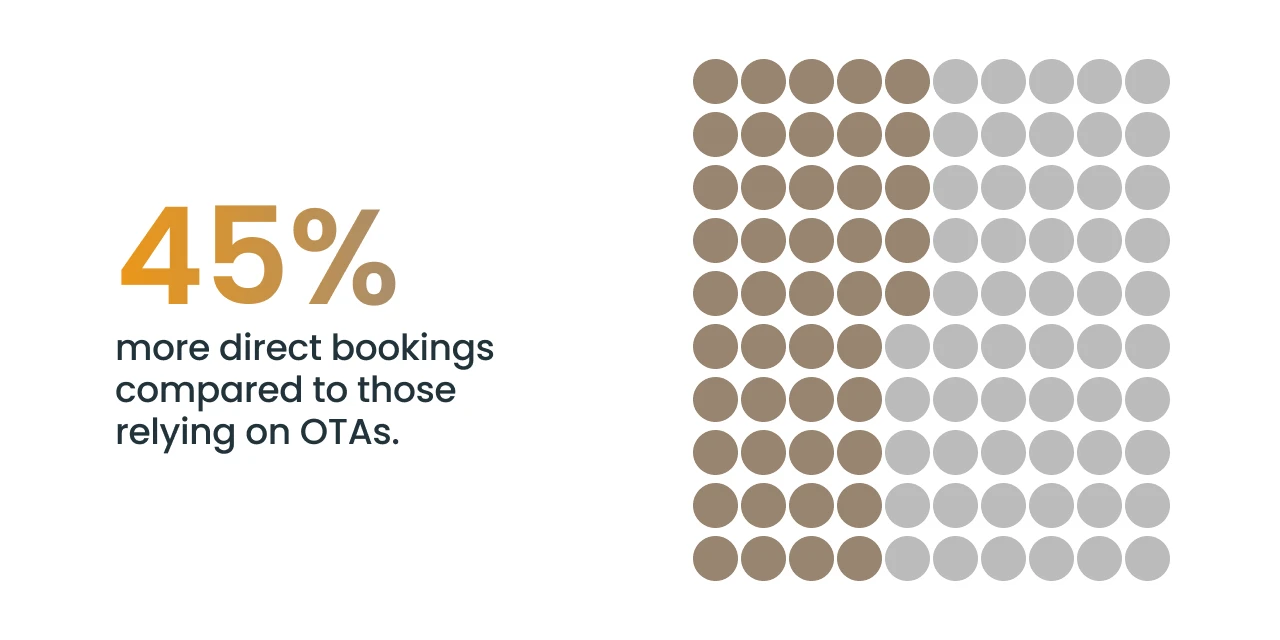
Crafting a strong boutique hotel marketing strategy
A successful boutique hotel marketing strategy involves aligning your story with your ideal guest’s aspirations. This means:
- Identifying your niche (e.g., wellness, eco-luxury, artsy urban retreats)
- Investing in hyper-local partnerships
- Using guest-generated content for authenticity
It’s not enough to promote; you must engage. Integrating elements like influencer partnerships and curated experiences across your campaigns ensures your hotel marketing strategy captures the right audience at the right time.
The role of hotel video marketing in storytelling
Visuals drive emotion and decisions. In 2025, hotel video marketing is more than a trend; it’s a necessity. Reels, YouTube shorts, and immersive video content allow guests to feel your hotel before booking.
Use "Day in the Life" style videos from a guest’s POV Highlight community ties or behind-the-scenes service rituals Capture local stories, not just room interiors

Hotels that invest in video content see 84% more engagement on social platforms. A smart video strategy seamlessly connects to your broader boutique hotel marketing strategy.
Developing a Digital Marketing Strategy for Hotels
Today, digital is no longer optional; it’s the main channel for discovery, research, and booking. Your digital marketing strategy for hotels must combine:
- SEO and content marketing
- Email segmentation
- Paid ads with strong visual creatives
This is where local SEO for hospitality complements broader digital efforts. Ensuring your property appears in geo-targeted searches with updated listings, rich snippets, and local content can dramatically improve visibility.
An Integrated Hotels Marketing Strategy
Modern travelers are everywhere—Instagram, Google, TripAdvisor, email, and so should your brand be. An integrated hotel’s marketing strategy connects the dots across platforms and departments.
- Sync marketing with operations: DMs as concierge channels
- Encourage reviews and respond to them
- Personalize offers based on previous stays
According to HubSpot, hotels that align marketing and service see 38% higher guest retention. Seamless experience builds loyalty, which is essential for small and luxury hotels where return guests are the backbone of revenue.
Final Thoughts & Actionable Hotel Sales and Marketing Plan
To stand out in 2025, your hotel sales and marketing plan needs to:
- Define your brand voice and niche clearly
- Leverage data from CRM and guest feedback
- Invest in storytelling through video, local experiences, and influencer collaborations
Also, don’t underestimate the power of local directories. Listing your property in local business directories for hospitality improves credibility, boosts SEO, and drives referral traffic. A hotel listed consistently across platforms like Yelp, TripAdvisor, and Google My Business receives 35% more local search impressions.
And for visibility in micro-markets, use geo-targeted marketing for hotels to serve personalized ads to travelers searching in your area. It’s a cost-effective way to drive high-intent bookings.
Conclusion
Boutique hotels are no longer niche; they’re the future of meaningful travel. But thriving in this space requires strategic clarity. By refining your boutique hotel marketing strategy, investing in Hotel Video Marketing, leveraging digital marketing strategies for hotels, and maintaining a strong presence across local business directories for hospitality, you don’t just stay relevant, you lead the narrative.
In a world where every guest is a storyteller, it’s time your brand gives them something worth sharing.

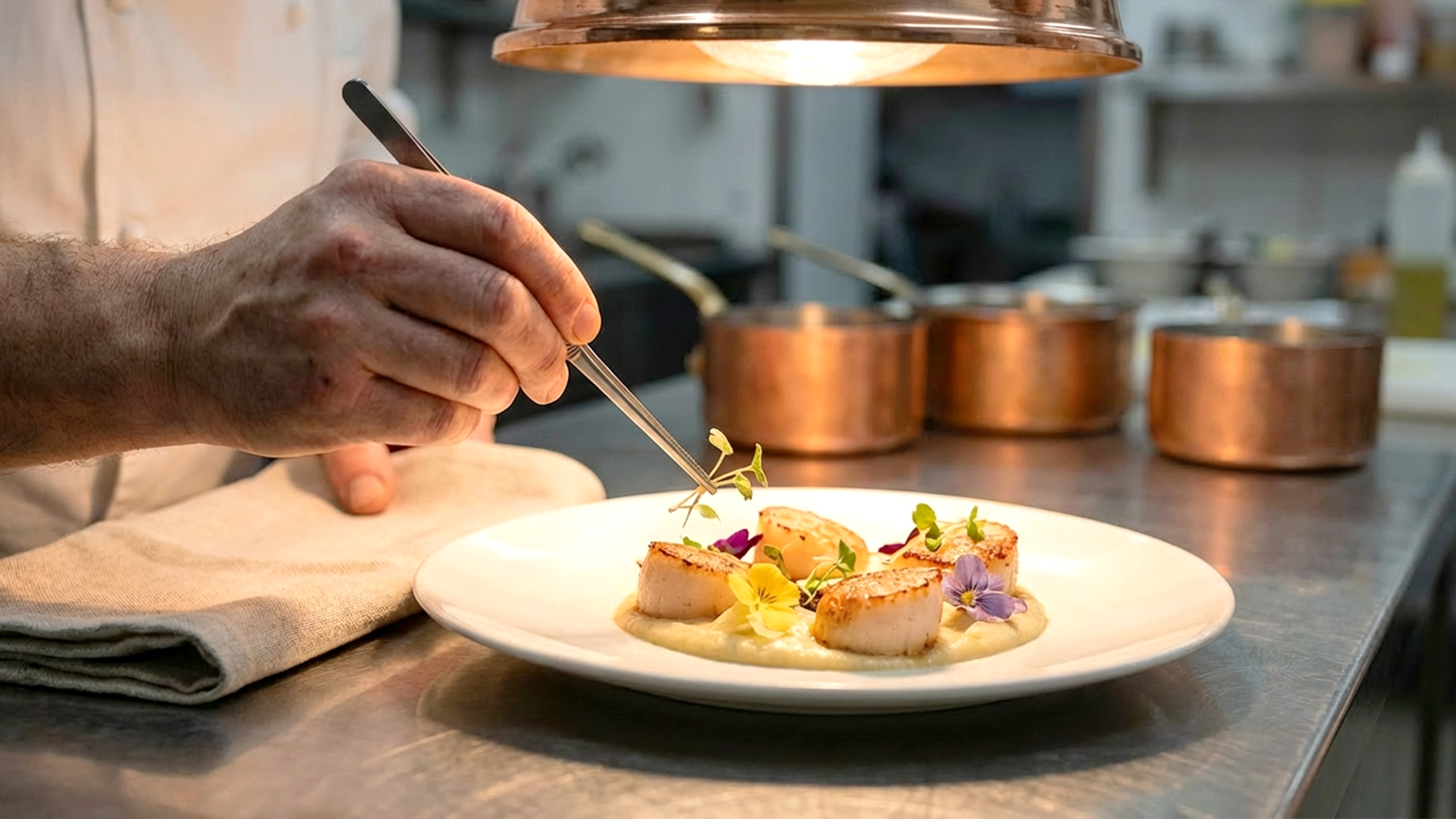





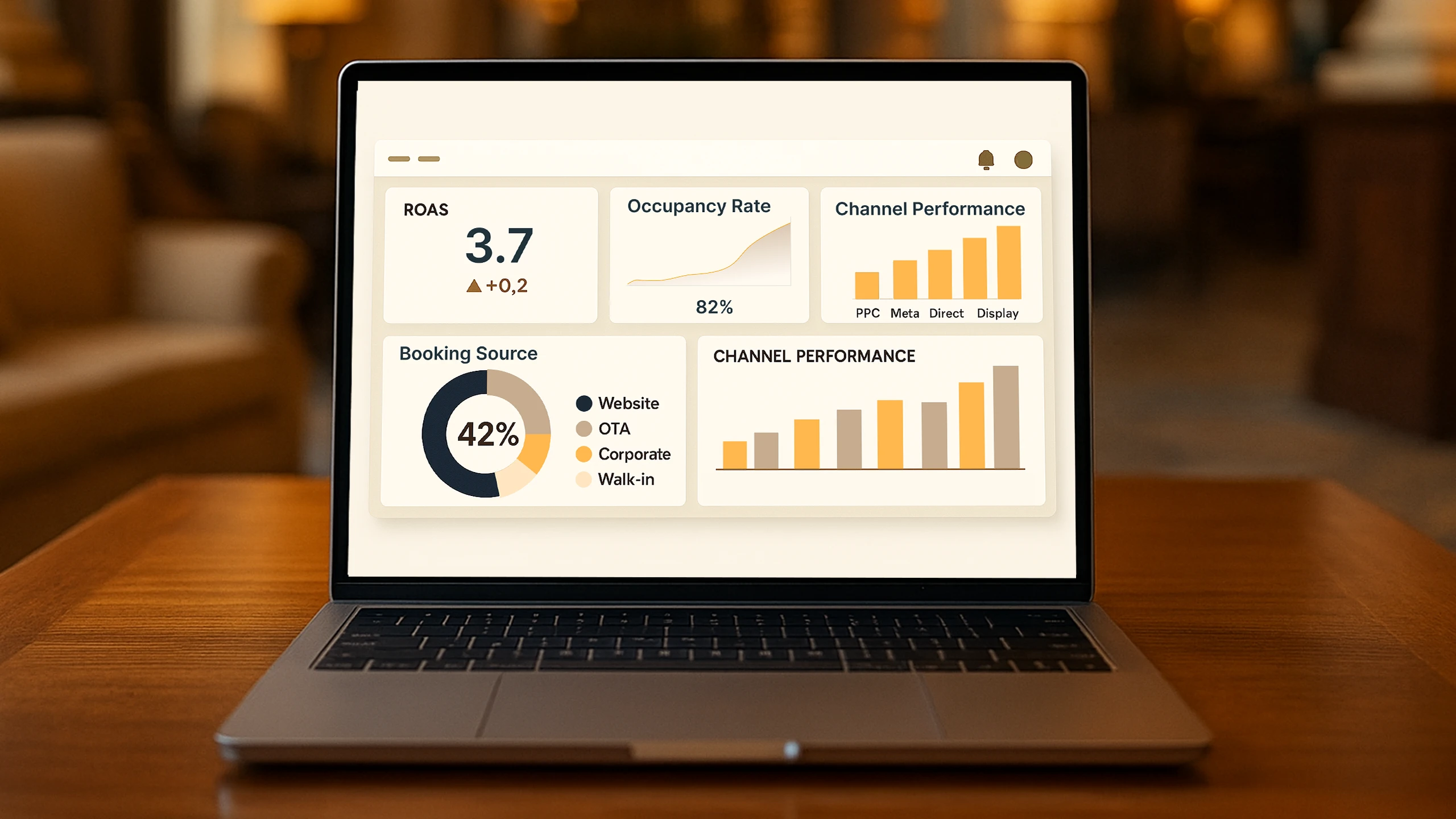
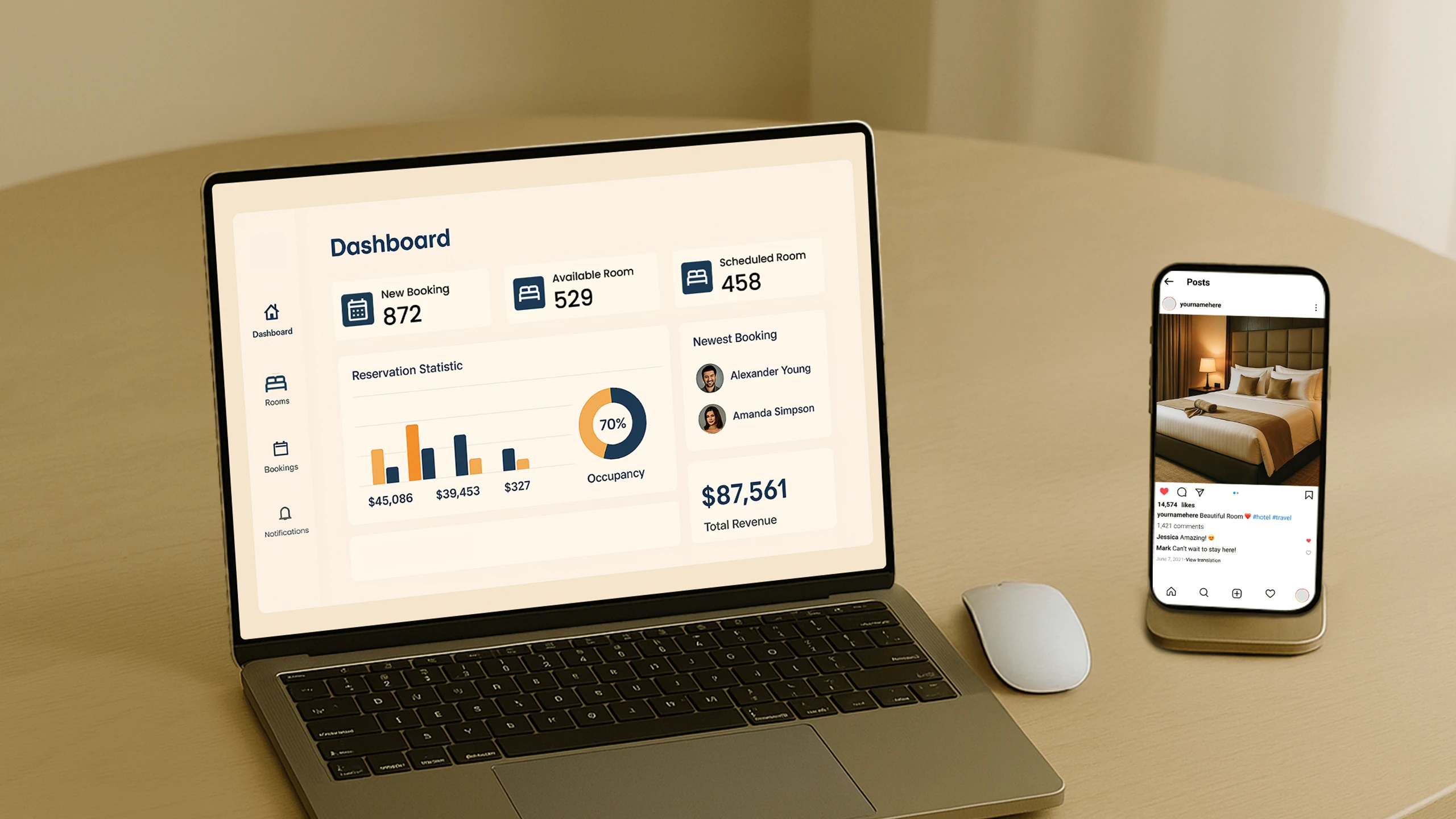
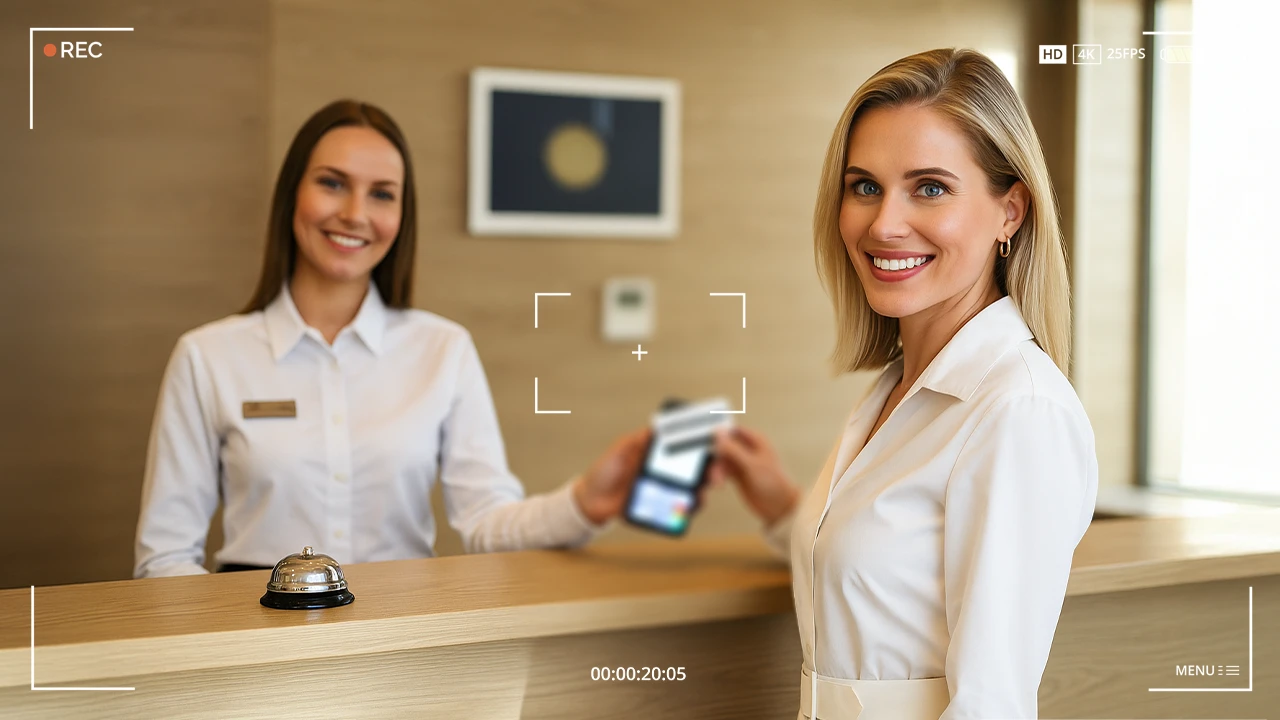
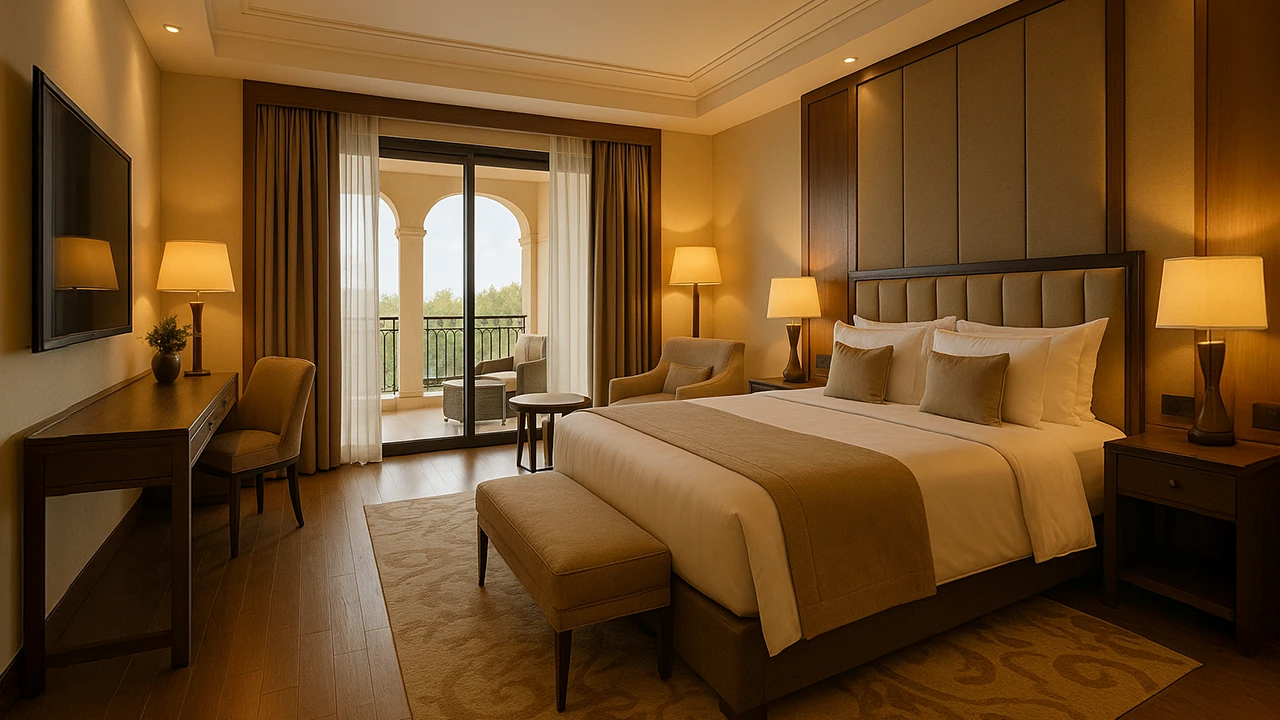
Phrases like “tiny boutique hotel near you” to improve voice engine.